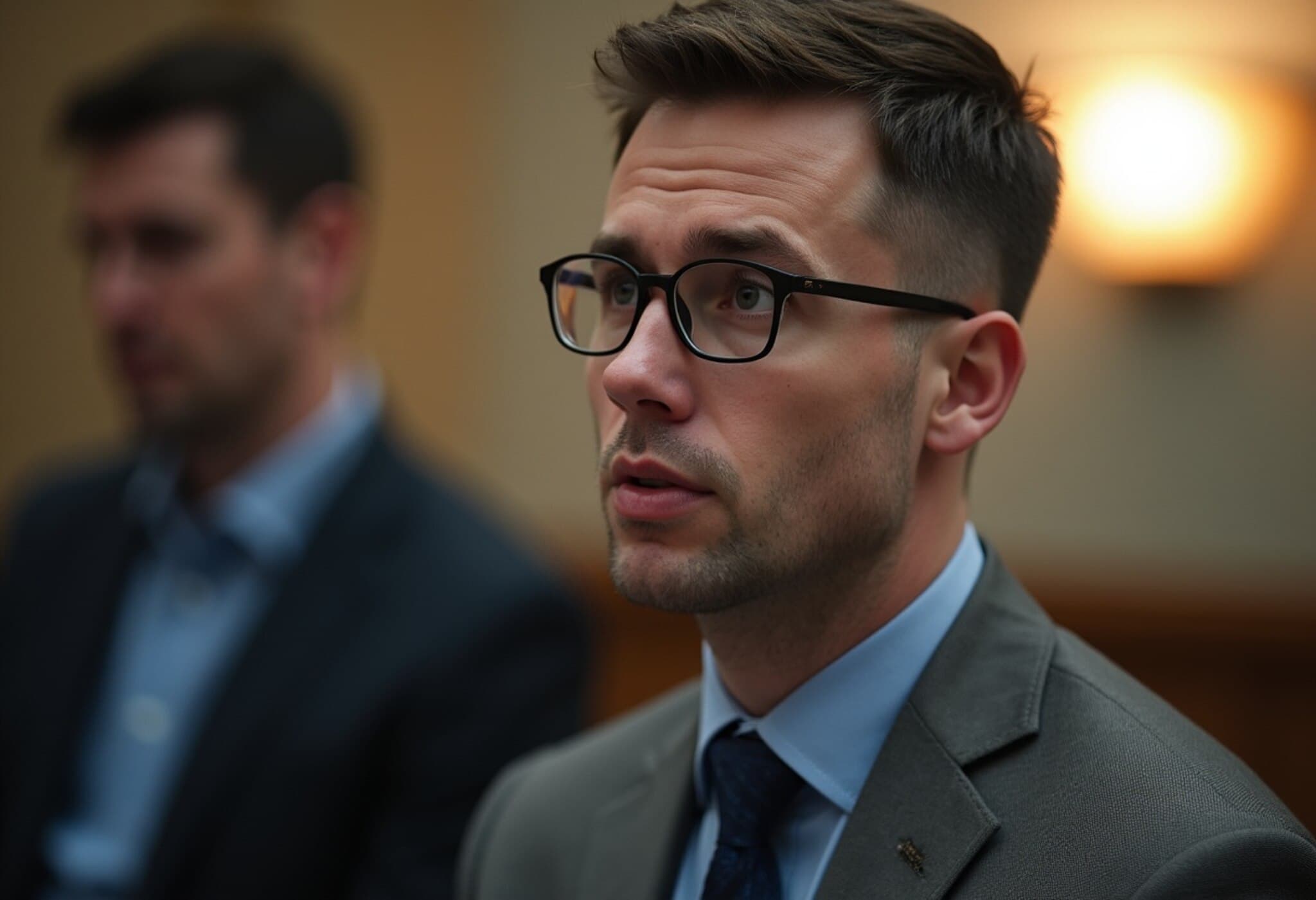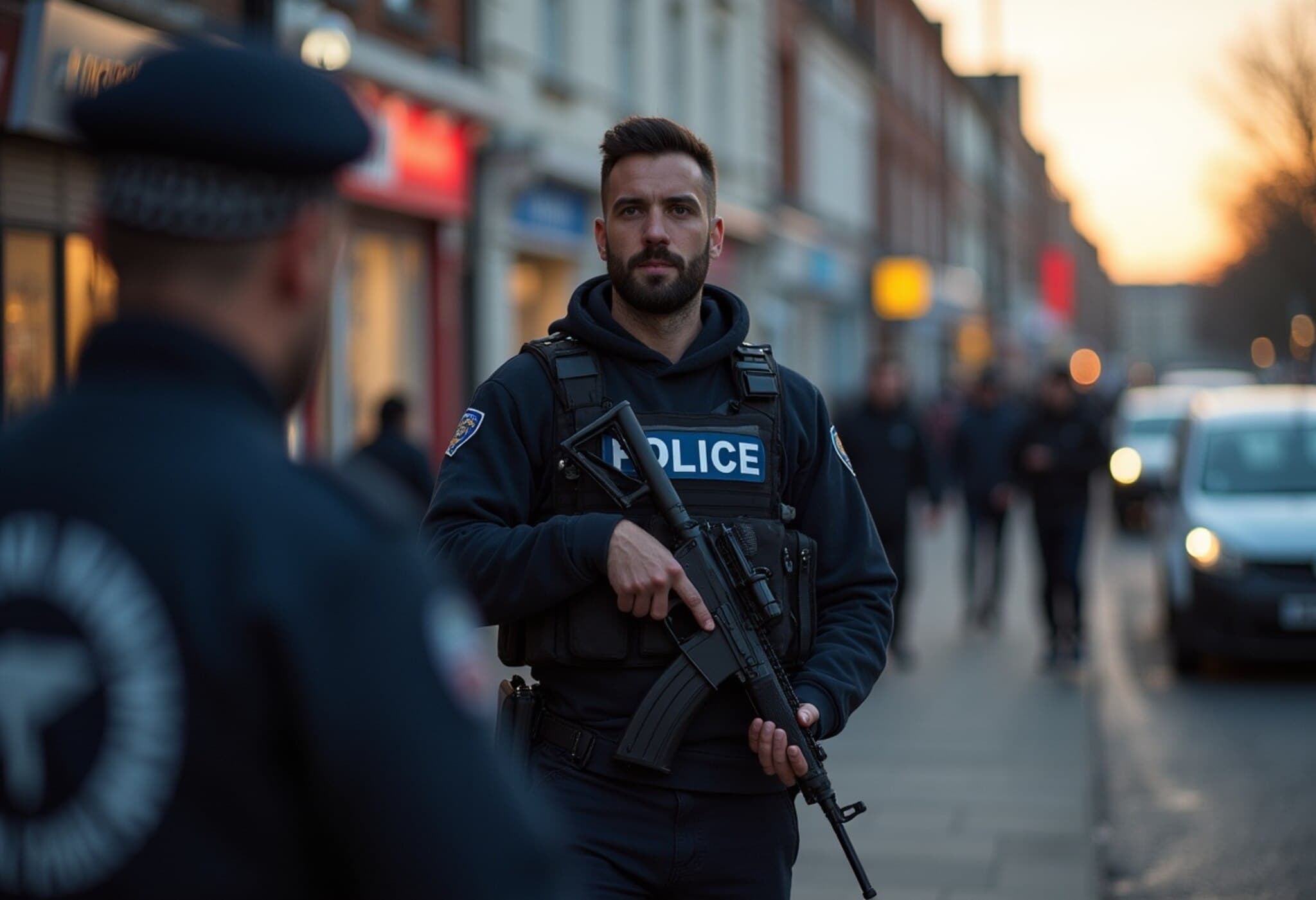Justice Served in Tragic Idaho Quadruple Homicide
In a courtroom heavy with grief and raw emotion, Bryan Kohberger was sentenced to life imprisonment without parole for the brutal murder of four University of Idaho students. The attack, which occurred in the early hours of November 13, 2022, left the community of Moscow and the broader region shaken to its core.
Heartbreaking Testimonies from Families
The victims—Madison Mogen, Kaylee Goncalves, Xana Kernodle, and Ethan Chapin—were remembered not just as victims, but as vibrant young people whose lives were taken too soon. At the sentencing hearing, loved ones shared deeply personal and poignant reflections.
“This world was a better place with her in it,” Scott Laramie, stepfather of Madison Mogen, said, highlighting the profound loss felt by the family. Similarly, Kaylee Goncalves's father spoke with indignation and sorrow, taunting Kohberger for his carelessness that led to his capture. “You were that careless, that foolish, that stupid,” Steve Goncalves declared. “Master’s degree? You’re a joke.”
The Crime and Conviction
Kohberger, who was a graduate criminology student at Washington State University, broke into the victims’ rental home through a sliding kitchen door. Without any known motive or prior connection to the victims, he stabbed the four students to death. Legal experts noted the chilling nature of a perpetrator who committed such violence despite his academic background in crime study.
He pleaded guilty just weeks before his trial started, resulting in a sentence of four consecutive life terms plus an additional 10 years for burglary. The plea deal spared him the death penalty. The court also imposed significant fines totaling approximately $409,000 to address civil penalties.
Community Impact and Surviving Roommates' Struggles
Dylan Mortensen and Bethany Funke, surviving roommates of the victims, opened up about the ongoing emotional trauma. Mortensen described Kohberger as “a hollow vessel, something less than human,” emphasizing the cold absence of remorse that characterized his acts.
Both roommates suffer from panic attacks, anxiety, and an enduring fear for their safety. Funke’s statement expressed how security measures and sleepless nights have become a new, distressing normal.
Forgiveness and Reflection
In an extraordinary demonstration of grace, Xana Kernodle’s aunt publicly forgave Kohberger, expressing a desire to understand his motives. “For me to become a better person, I have forgiven you,” she said. This perspective sheds light on the complex human capacity for forgiveness even amidst the deepest pain.
Investigation and Judicial Process
The investigation was a complex task for law enforcement. With no initial suspects, the murder of four students in a quiet college town triggered widespread fear. Students left campus or moved to online learning, reflecting the profound disruption.
Authorities relied on cutting-edge forensic techniques including genetic genealogy and mobile phone data analysis to identify Kohberger. Critical evidence such as DNA on a knife sheath and surveillance footage linked him to the crime scene. Online shopping habits revealed the purchase of a military-style knife consistent with the weapon used.
Lessons Learned and Wider Implications
- Community Healing: The murders underscored the fragility of safety even in seemingly peaceful communities, highlighting the need for robust campus security and victim support.
- Challenges of Online Vigilantism: The case sparked a frenzy of armchair sleuth activity online, some of which fueled misinformation and deepened community distress.
- The Role of Criminal Justice Scholarship: This tragic incident raises critical questions about how individuals with criminology knowledge can commit such egregious crimes, demanding more research into psychological risk factors.
Looking Forward
The sentencing marks a painful closure for many, but the ripple effects of the tragedy continue. The families' voices reflect both sorrow and resilience, painting a picture of a community determined to remember, heal, and prevent future violence.
While the courts have delivered their verdict, the Idaho student murders highlight ongoing issues around campus safety, mental health, and the unpredictable nature of violent crime. How can academic institutions better identify potential threats within their communities? What safeguards can be enhanced to protect students? And how do we balance the thirst for justice with compassion and healing? These lingering questions invite continued reflection.












